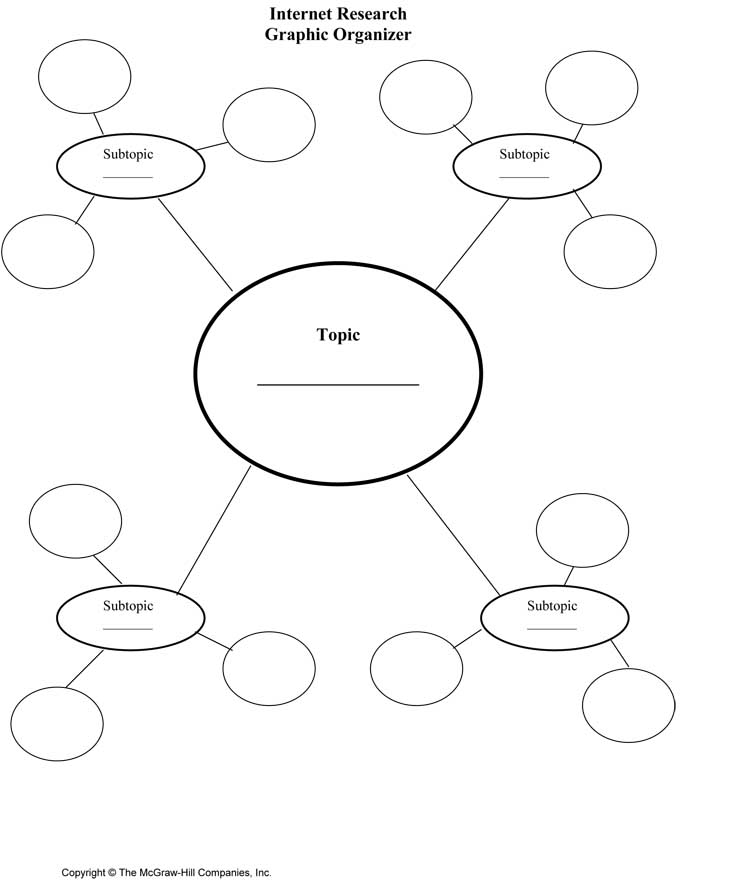Last semester I was lucky enough to observe one of our nursing faculty members, Mary CaDavid, on the clinical portion of her Nursing 230 course.
The clinical took place at
Sherman Hospital in Elgin, a sparkling new ship-like facility just off the highway at Randall Road. Mary had six students working on the Saturday morning that I visited, although I was only there for a few hours and only got to meet and observe three students.
Each of Mary's students was assigned three patients. At the beginning of the morning, I sat down with Mary and one of her students, Toni, to touch base about one of Toni's patients. The two went through each element of the patient's chart with care, checking and double-checking symptoms, medical history, medication, and diagnosis.
They also did preventative problem solving, with Mary asking Toni questions like, "What is the worst possible thing that could happen to your patient today?" Toni answered that this particular patient could suffer a seizure, so Mary walked Toni through making sure that the room inventory included things like pads on the bed rails, a tongue blade, and oxygen.
I asked Mary about this question, which I found so simple but so obviously important, as well as another prompt for her students about their nursing diagnosis. This is what she had to say:
They need to relate this question to the reason for hospitalization. Often the reason the patients were hospitalized is no longer the thing keeping
them in the hospital. For instance, a patient came in with a hip issue, but now
has pneumonia. From this stance, the students must think of "worst case scenario." I
then want to know their nursing diagnosis and nursing
priorities. I don't want to hear things like "give them the antibiotic
for the pneumonia"--that is a physician order. I want to know how they
will intervene, such as increasing fluids, mobilizing the patient,
or by incentive spirometry.
 |
| Sherman Hospital in Elgin--one of the MCC Nursing clinical sites |
During this one-on-one meeting, I was impressed by both women: with Toni, for her methodical questioning, her ability to listen to everything Mary was explaining, and her careful follow up questions; and with Mary, for her patience and calm presence, her on-the-spot scenarios and questions leading her student to think critically and answer comprehensively, and her obvious mastery of the subject matter.
At the end of the day I was honored to observe one of our talented faculty members in action, and I vowed to be even more aware of the practical applications of my content area (English composition). I want my students to consider how
they can act and how
they can be responsible. Hopefully this will give them a more valuable, relevant, and personal learning experience.
If you're interested in being observed in your non-traditional classroom or your traditional classroom, let me know!















